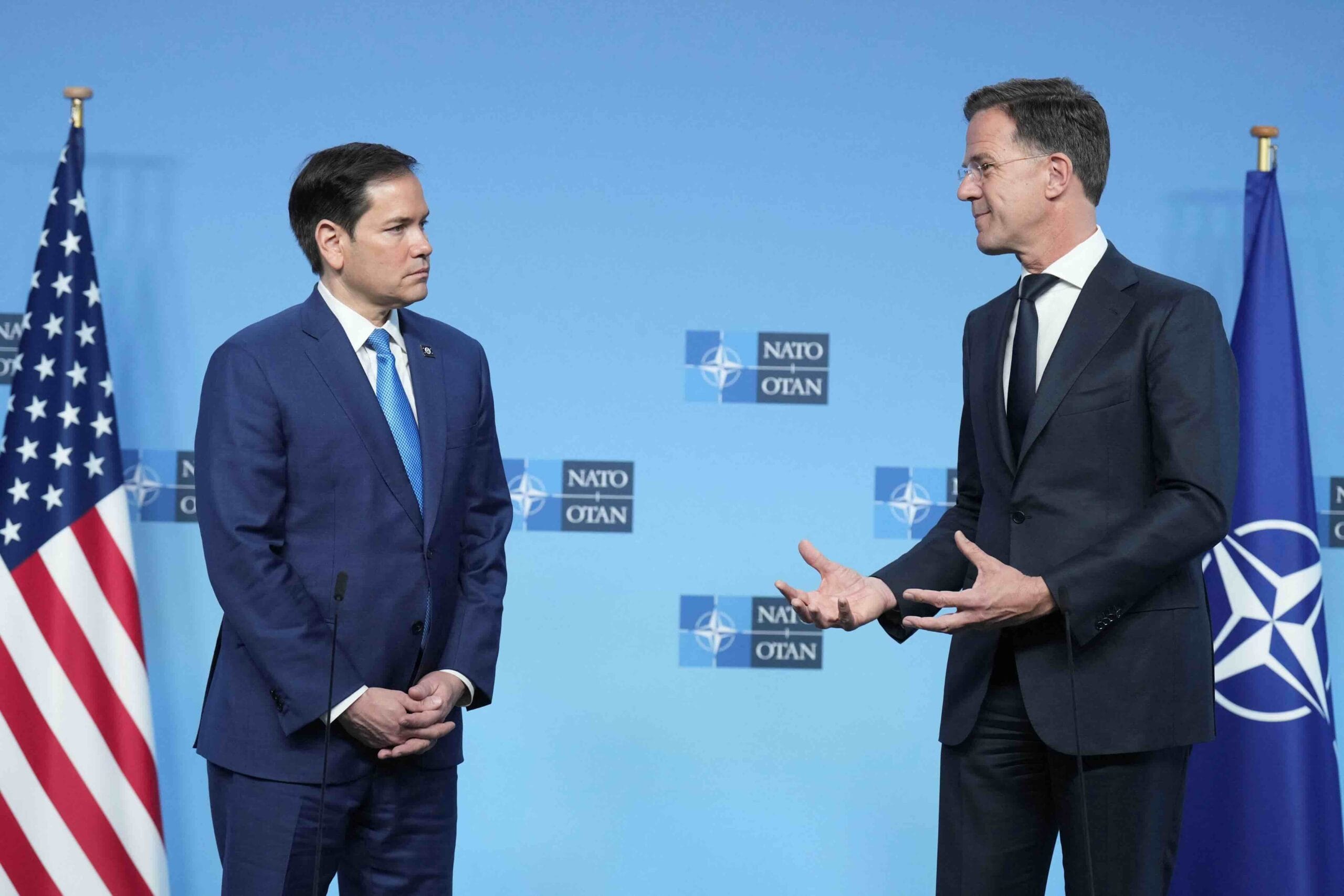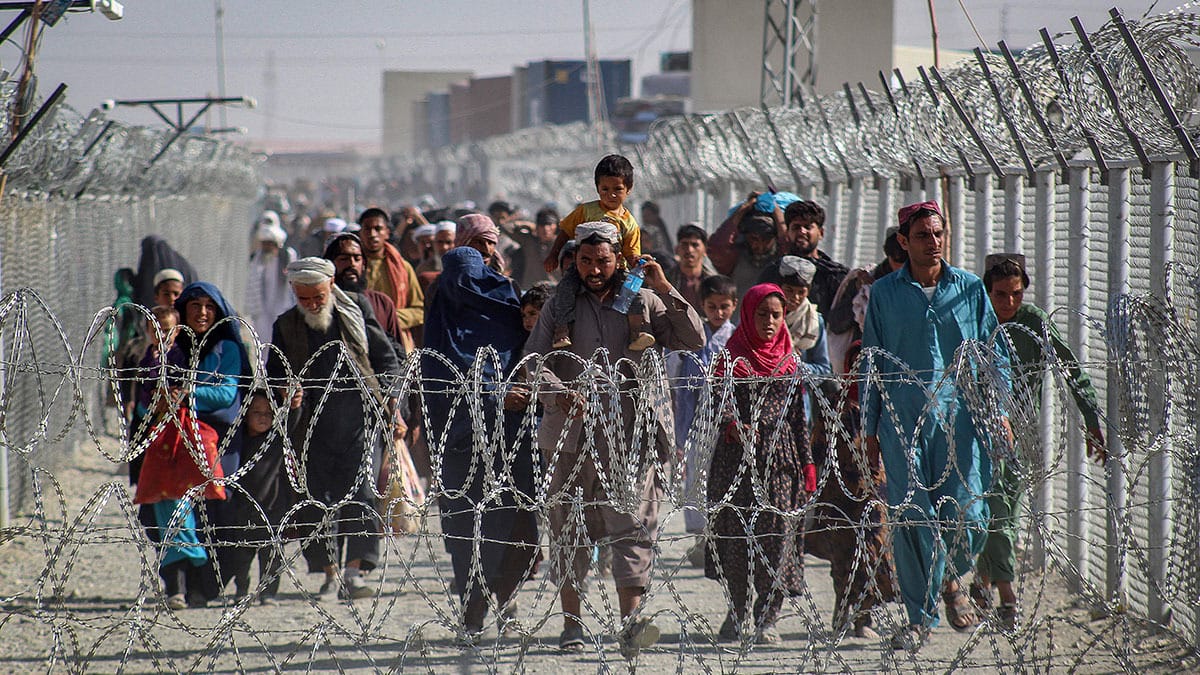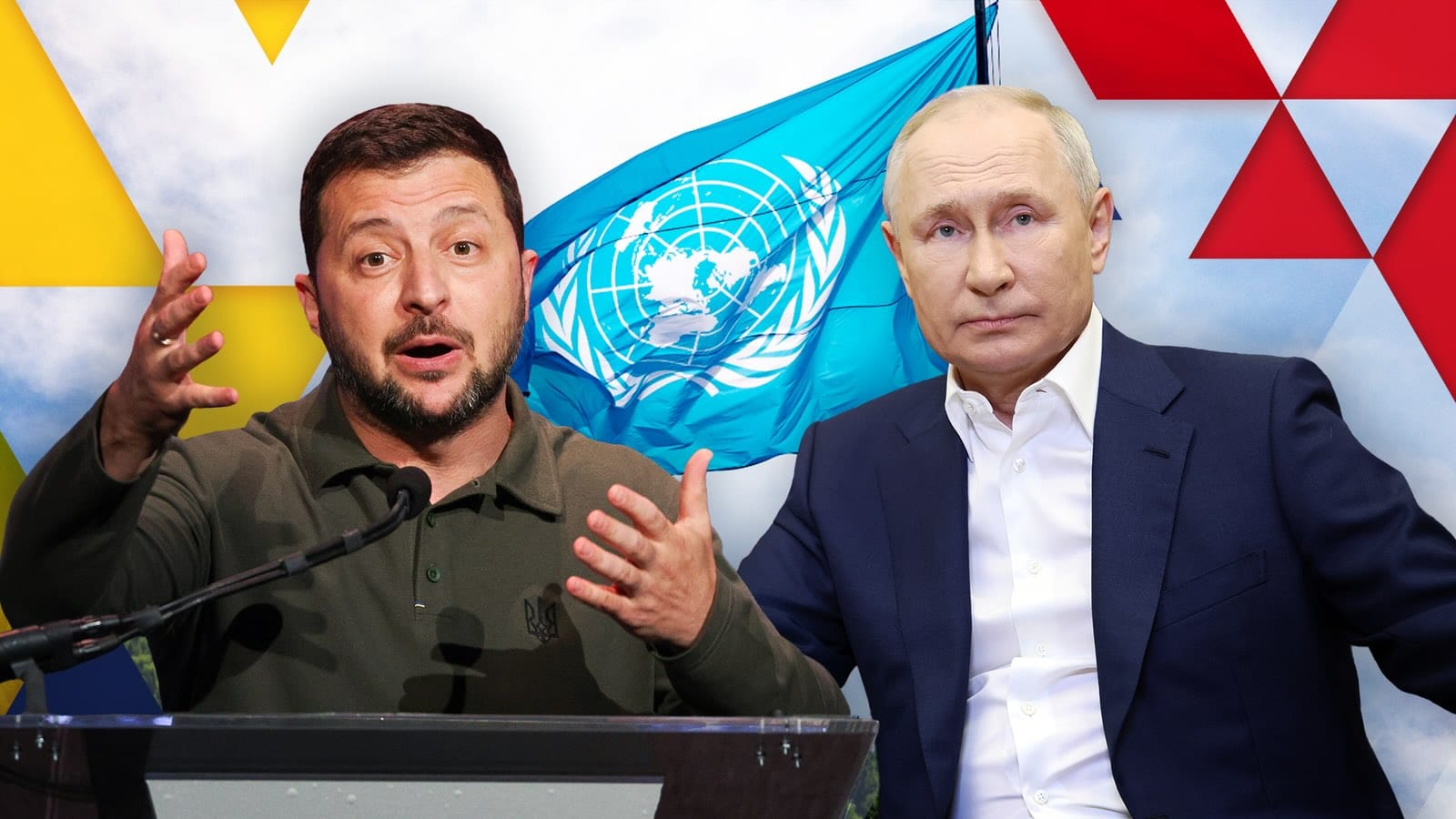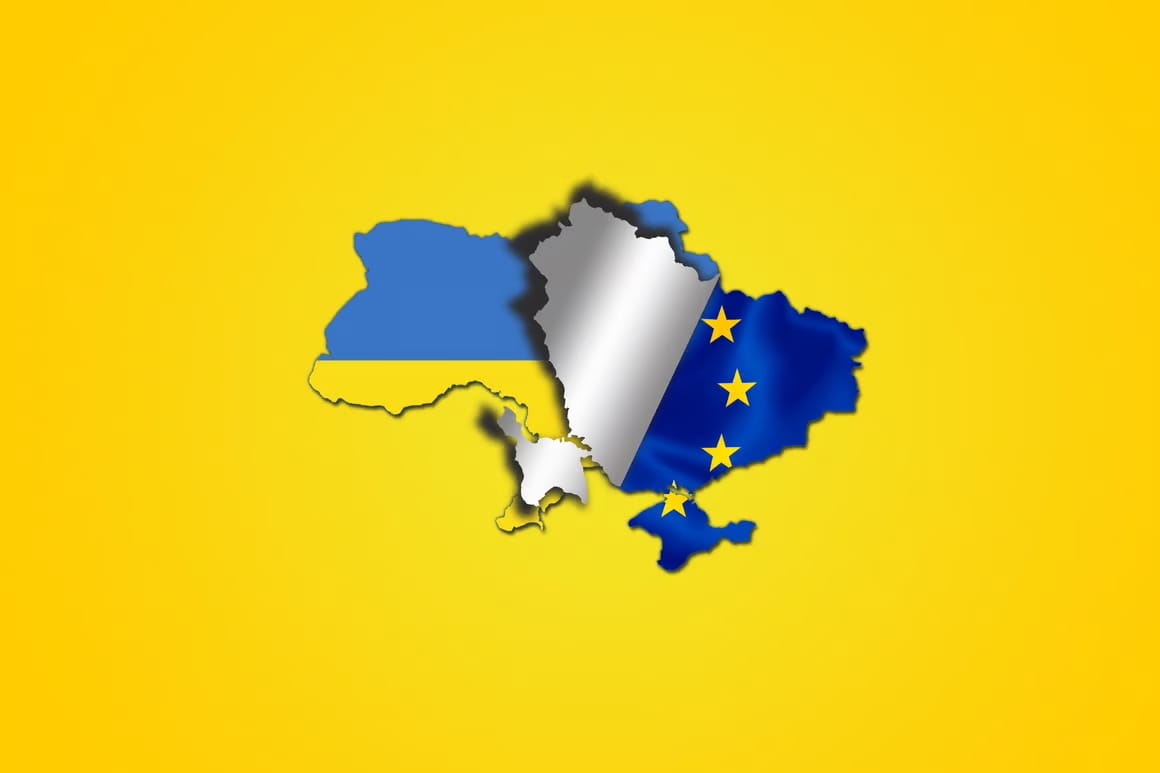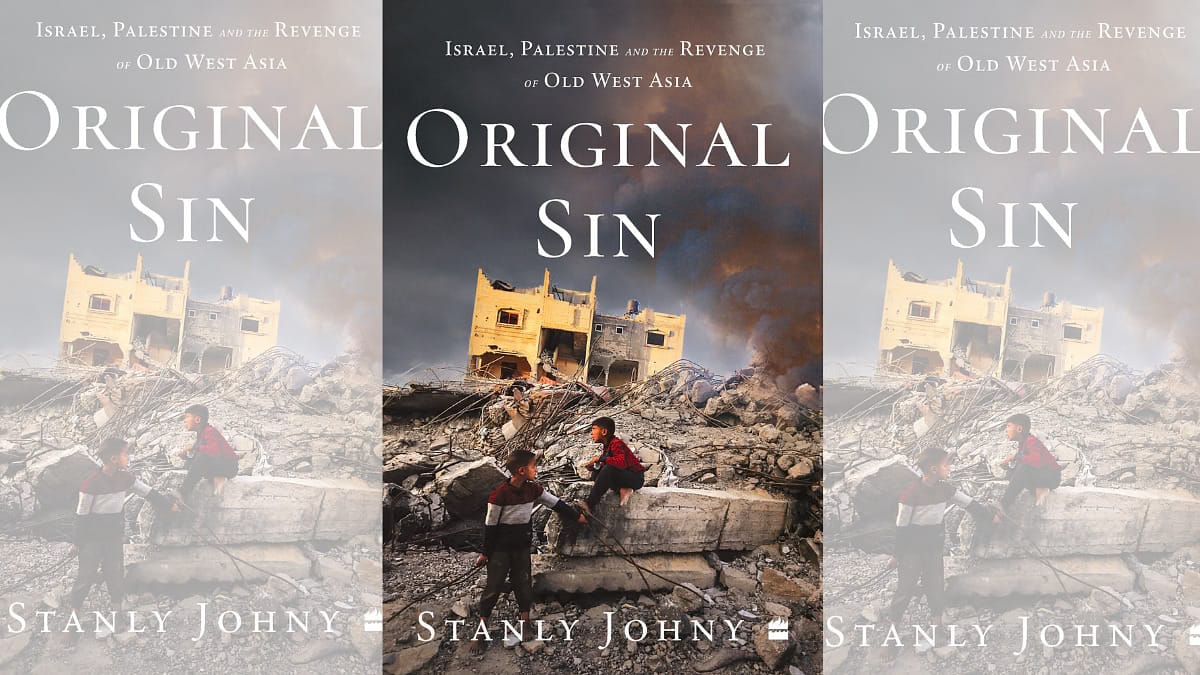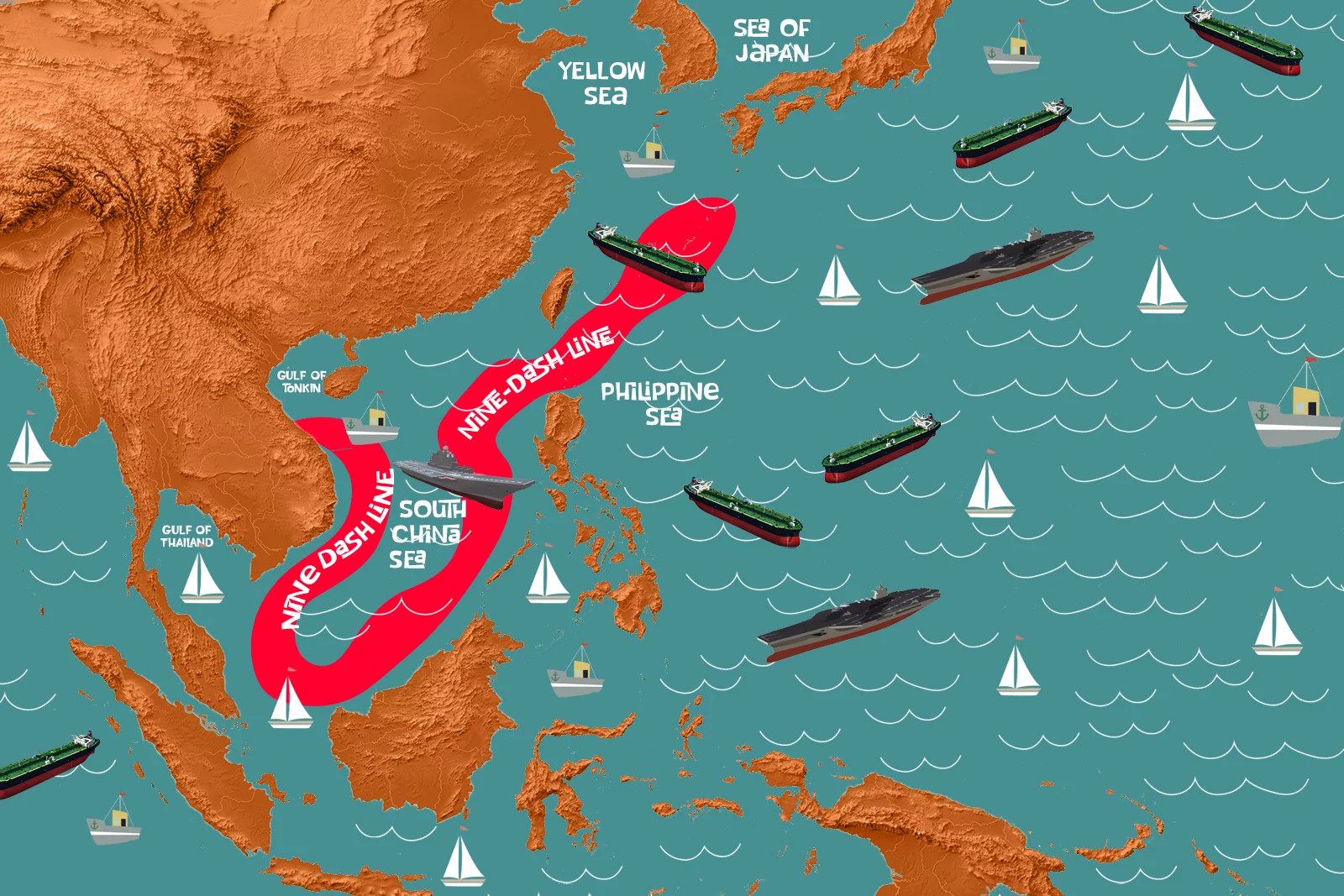The Democratic Republic of Congo (DRC) has long been plagued by conflict, with the eastern region serving as a battleground for various armed groups. Among these, the March 23 Movement (M23) has emerged as one of the most significant, with its resurgence in recent years once again drawing attention to the deep-seated tensions between Rwanda and the DRC. This article provides a historical background to the conflict, focusing on M23’s origins, its ties to Rwanda, and the broader geopolitical implications, including international exposure and the failures of global diplomacy.
Author: TheViyug
Balochistan Terror Attack: A New Phase in Insurgency?
Balochistan, Pakistan’s largest yet most underdeveloped province, has been a hotspot for insurgency, terrorism, and geopolitical contestation. The recent terror attack in Balochistan, which targeted security forces, infrastructure, and civilians, has once again underscored the province’s precarious security situation. Beyond its domestic impact, the attack carries significant regional and international implications, particularly for Pakistan’s relations with India, China, Iran, and Western powers. This article provides an in-depth analysis of the attack’s origins, the regional and global responses, and the effectiveness of counterterrorism efforts.
The Hinge in American Transatlantic Defence
Over the past three years, the transatlantic alliance has demonstrated considerable cohesion in evolving geopolitical dynamics and shifting domestic priorities. The alliance has demonstrated considerable cohesion by delivering substantial military aid, enforcing strict economic sanctions, and contributing over €185 billion in support of Ukraine. Yet, as Russian aggression persists and public support in parts of Europe diminishes, the strategic landscape has changed with a potential return of a Trump. Under this emerging paradigm, the U.S. strategy has anticipated a pivot away from military engagement and extensive financial assistance to Ukraine and press European partners to assume a larger share of the defence burden.
Afghan Refugee Crisis: Assessing Pakistan’s Shifting Policies
Least-developed countries host the largest number of refugees, according to UNHCR. In Asia and the Pacific, 90% of all refugees are concentrated in three nations: Iran (3.4 million), Pakistan (1.7 million), and Bangladesh (952,400), with Iran and Pakistan sheltering one of the largest Afghan refugee populations. Once a safe haven for Afghans fleeing persecution, Pakistan’s stance has now drastically shifted. The Pakistan Interior Ministry has advised all Afghan nationals to leave by March 31, 2025, with Afghan Citizen Card (ACC) holders required to depart voluntarily before the deadline or face deportation from April 1, 2025. This directive falls under Pakistan’s Illegal Foreigners Repatriation Program (IFRP), in effect since November 1, 2023.
Book Review: “Does the Elephant Dance?”
Does the Elephant Dance? Contemporary Indian Foreign Policy is a study of Indian foreign policy and its evaluation on various parameters. The author of this book, David M. Malone, a diplomat, author, and former Rector (leader) of the United Nations University, has witnessed the firsthand development of Indian foreign policy and held discussions with the key decision-makers. Throughout ‘Does the Elephant Dance?’ Malone exercises this confluence of diplomatic and scholarly authority artfully, tracing the key tenets of Indian foreign policy from its independence, till 2011.
Can the United Nations still Resolve Modern Conflicts?
The United Nations (UN), formed in 1945 with the lofty goal of averting world conflict and encouraging international cooperation, has been a beacon of hope and multilateralism. Over the years, the UN has shifted its focus from simple state mediation to complicated peacekeeping, peace enforcement, conflict prevention, and post-war reconstruction. Its methodologies were mostly inter-positional during the Cold War. As crises became increasingly complicated, especially after the disintegration of the Soviet Union, international warfare (direct war) was replaced by a rise in domestic civil wars, ethnic conflicts, and political tensions among powerful states.
Digital Arrest: A Rising National Security Threat to India
Indian Prime Minister Narendra Modi in his monthly radio program “Mann Ki Bhat” alerted the citizens about the emerging cyber crime in India known as Digital Arrest. Prime Minister cautioned the citizens about the digital arrests where fraudsters impersonate themselves as law enforcement officials threatening citizens with fake arrests. The Digital arrest scam is widely occurring across India deceiving Indians and looting their hard-earned money through these scams. These scams are not isolated cyber crime incidents but rather a perpetrated by well-organised criminal gangs that have extensive knowledge of cyberspace.
The Price of Europe’s Support for Ukraine
The war’s origins trace back to 2014 when Russia annexed Crimea following pro-EU protests in Kyiv, which led to conflict between Russian-backed separatists and Ukrainian forces in Donetsk and Luhansk. Tensions escalated in late 2021 as Russia massed troops near Ukraine’s borders, demanding security guarantees from NATO. When diplomatic efforts failed, Russia launched a full-scale invasion on February 24, 2022, citing security concerns and alleged persecution of Russian speakers. Initial assaults targeted Kyiv, but after failing to seize the capital, Russian forces withdrew in April, refocusing their offensive on eastern and southern Ukraine, where as of 2024, they occupy around 20% of Ukraine, having gained over 4,000 square kilometres.
Original Sin: Israel, Palestine and the Revenge of Old West Asia
West Asia is crucial for its geostrategic location, energy security and homes for the oldest religions. Despite its importance, wars and conflict have been contentious affairs in the region. The conflict between Israel and Palestine for their homeland has been the centre of the regional countries’ domestic and foreign politics. Every event has stories of two sides: the one Western media, governments, and diplomats tell or write about, and the second one is what really happened during the events. The first sets the narrative according to their requirements, and the second one will bring people closer to the truth, where they are free to perceive or understand the events according to their observation.
China’s Energy Ambitions and the Nine-Dash Line in the South China Sea
The geopolitical conflict in the South China Sea (SCS) crops up around China’s territorial claims delineated by the nine-dash line. This contested region, rich in natural resources and critical to global trade, is a focal point of international tension. The SCS discord and the Chinese ambitions are not recent; they stem from historical precedents and contemporary strategic objectives. The origins of the nine-dash line trace back to the Kuomintang government of pre-independent China, which issued an eleven-dash map in 1947, claiming nearly 2 million square kilometres of maritime territories in the SCS.


